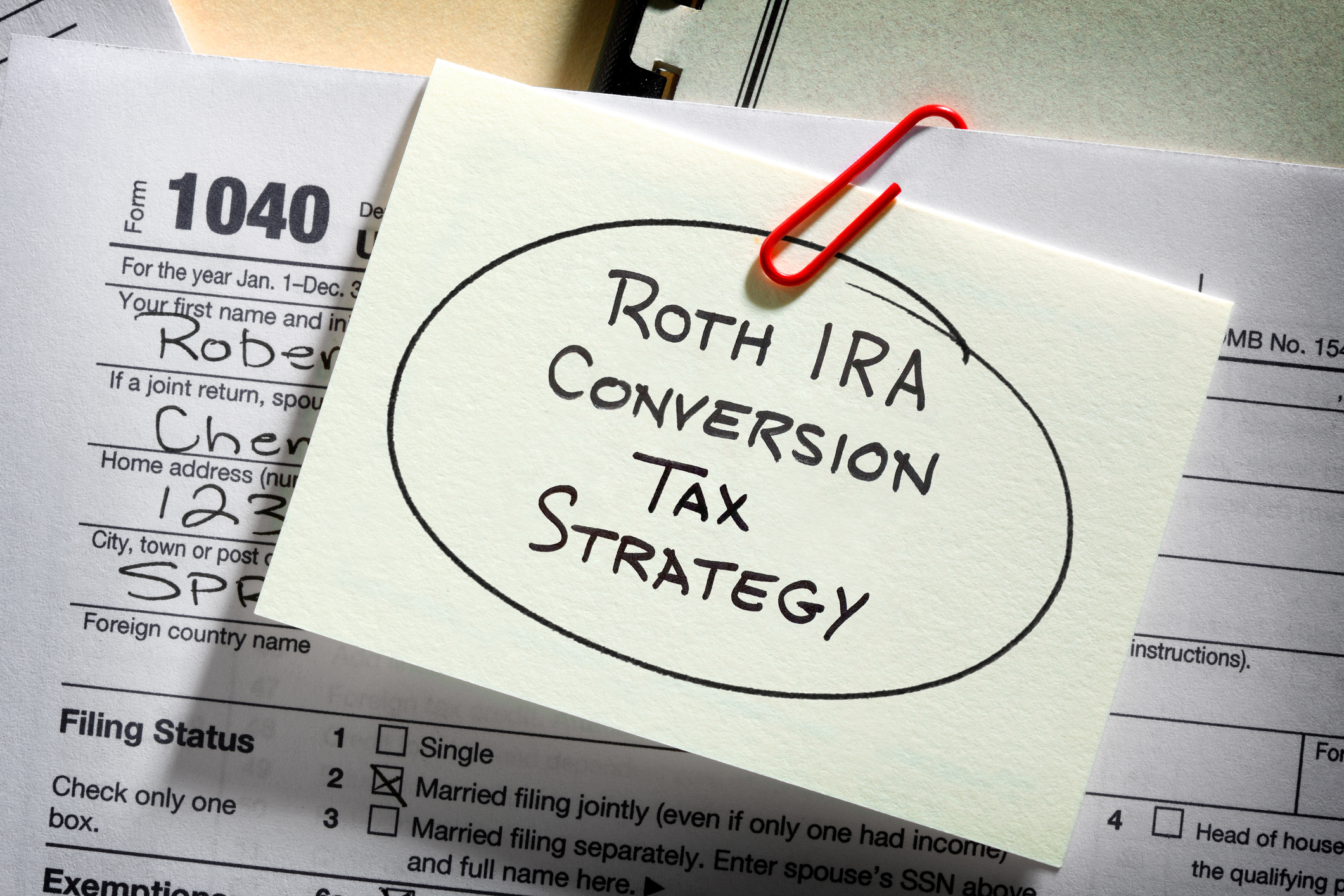Discover the ideal timing and circumstances to convert your traditional IRA to a Roth IRA and maximize your retirement savings.
Understanding the Basics of Roth IRA Conversions
A Roth IRA conversion involves transferring funds from a traditional IRA or a qualified retirement plan into a Roth IRA. The primary difference between these accounts lies in their tax treatment: traditional IRAs allow you to defer taxes on contributions and earnings until retirement, while Roth IRAs are funded with after-tax dollars, enabling tax-free withdrawals in retirement.
The conversion process requires paying taxes on the amount converted in the year of the conversion, making it a strategic decision that hinges on various financial factors. Understanding these basics is crucial before moving on to the timing of the conversion.
Key Factors That Influence the Timing of a Conversion
Several key factors can influence the optimal timing for a Roth IRA conversion. One major consideration is your current and projected future tax rates. If you expect to be in a higher tax bracket in retirement, converting during a lower-income year could be beneficial.
Another important factor is the state of the market. Converting during a market dip can reduce the taxable amount, as the value of the assets being converted is lower. Additionally, your current financial situation, including available cash to pay conversion taxes, plays a significant role in determining the timing.
Tax Implications and Strategic Planning Tips
Understanding the tax implications is critical when considering a Roth IRA conversion. The converted amount is treated as taxable income in the year of the conversion, which can significantly impact your tax bill. Strategic planning, such as spreading out conversions over multiple years, can help manage tax liabilities.
Another tip is to consider converting smaller amounts incrementally rather than a large lump sum. This approach can help avoid pushing you into a higher tax bracket. Consulting with a financial advisor to create a personalized conversion strategy is highly recommended.
Life Events and Market Conditions to Consider
Certain life events can create ideal opportunities for a Roth IRA conversion. For instance, early retirement, a temporary reduction in income, or significant medical expenses can lower your taxable income, making a conversion more tax-efficient.
Market conditions also play a crucial role. Converting during a market downturn means you pay taxes on a lower account value, allowing potential future growth to occur tax-free within the Roth IRA. Keeping an eye on economic cycles and market trends can help you time your conversion advantageously.
How to Decide if a Roth IRA Conversion Is Right for You
Deciding whether a Roth IRA conversion is right for you depends on multiple factors, including your current tax bracket, future income projections, and retirement goals. If you expect higher tax rates in the future, a Roth conversion may offer significant tax savings.
Additionally, if you plan to leave a substantial inheritance, Roth IRAs can be advantageous as they do not require minimum distributions and can provide tax-free inheritance for your beneficiaries. Ultimately, a thorough analysis of your personal financial situation and goals, possibly with the help of a financial advisor, will guide your decision.




